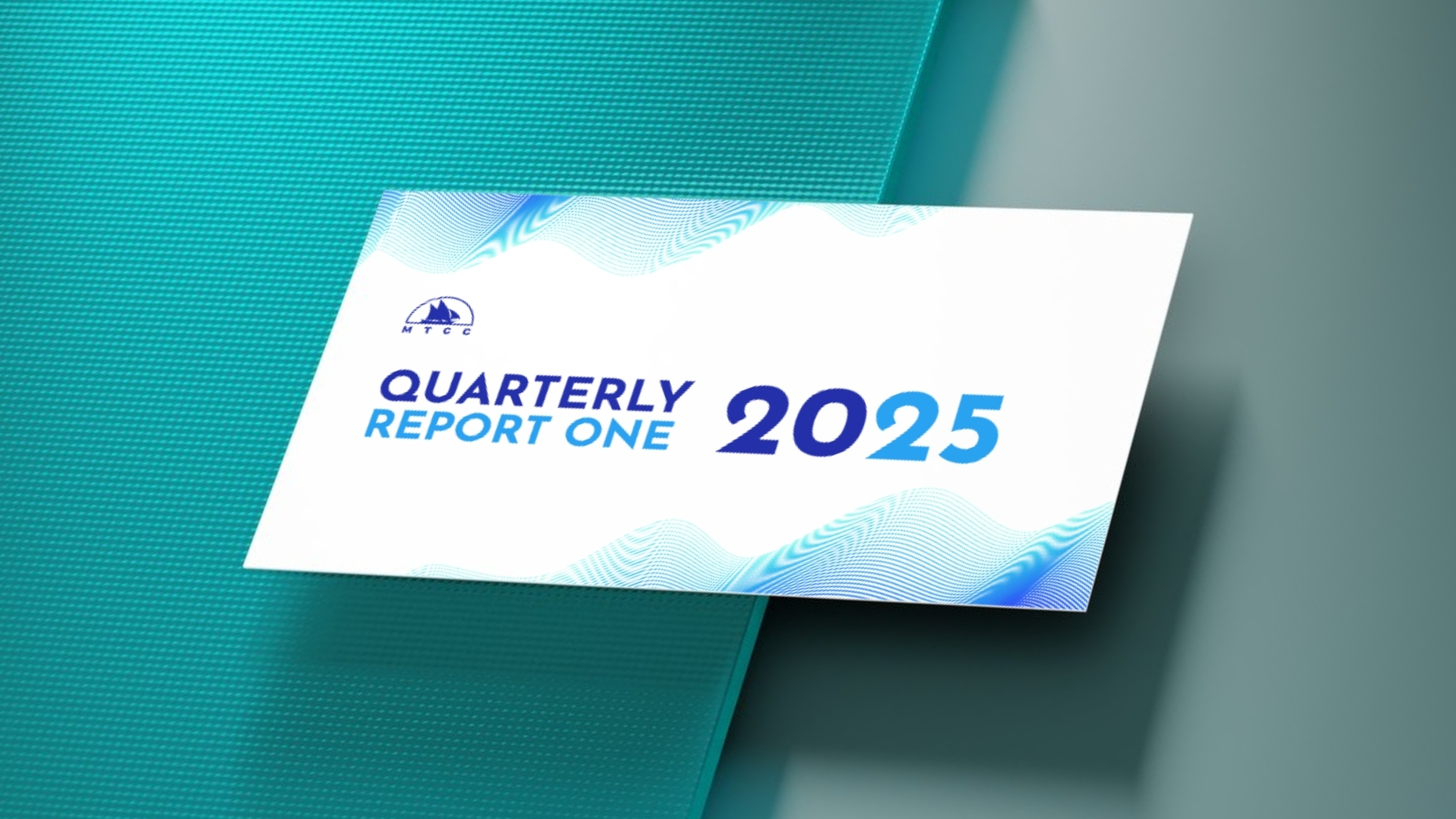
The Maldives Transport and Contracting Company (MTCC) reported a loss of MVR 62.1 million for the first quarter of 2025, even as revenue grew to MVR 418.5 million. This marked a 6.2 percent increase compared to the final quarter of 2024, reflecting a rise in project activity but underscoring challenges in cost control and profitability.
The company’s gross profit for the quarter stood at MVR 43.3 million, a notable recovery from the previous quarter’s loss. However, the improvement was outweighed by MVR 85.1 million in administrative expenses and MVR 18.3 million in finance costs. With no business profit tax applied due to the net loss, the company’s bottom line remained firmly in the red.
On the balance sheet, MTCC’s total assets decreased slightly to MVR 5.35 billion from MVR 5.46 billion at the end of December 2024. Retained earnings fell to MVR 1.13 billion, down from MVR 1.19 billion in the previous quarter. The company reported an increase in cash and cash equivalents, rising to MVR 46.8 million. However, its financing activities saw an outflow of MVR 88 million, partially offsetting the MVR 104 million generated from operating activities.
Despite financial losses, MTCC continued to expand its project footprint. During the first quarter, the company signed 104 new projects with a total value of MVR 1.275 billion. Four major infrastructure contracts were completed, including work on shore protection and dredging in R. Kinolhas and Th. Kinbidhoo. In total, MTCC managed 285 active projects across the Maldives, with a strong concentration in harbour and building construction.
MTCC’s share performance on the Maldives Stock Exchange reflected subdued investor sentiment. Only 429 shares were traded during the quarter, and the last traded price was MVR 87.3, down from MVR 90 at the close of the previous quarter. Earnings per share turned negative, falling to MVR (7.73).
Operational highlights from the quarter included the official inauguration of the redeveloped Izzudheen Jetty and the launch of the Malé Taxi Line project in partnership with the Ministry of Transport. These initiatives, particularly the introduction of electric taxis, signal MTCC’s efforts to position itself as a forward-thinking infrastructure provider aligned with national sustainability goals.
However, with continued pressure from rising costs and the absence of a strong profit buffer, MTCC faces a difficult road ahead. While its order book remains robust, turning projects into profitable returns will be key in the coming quarters.












